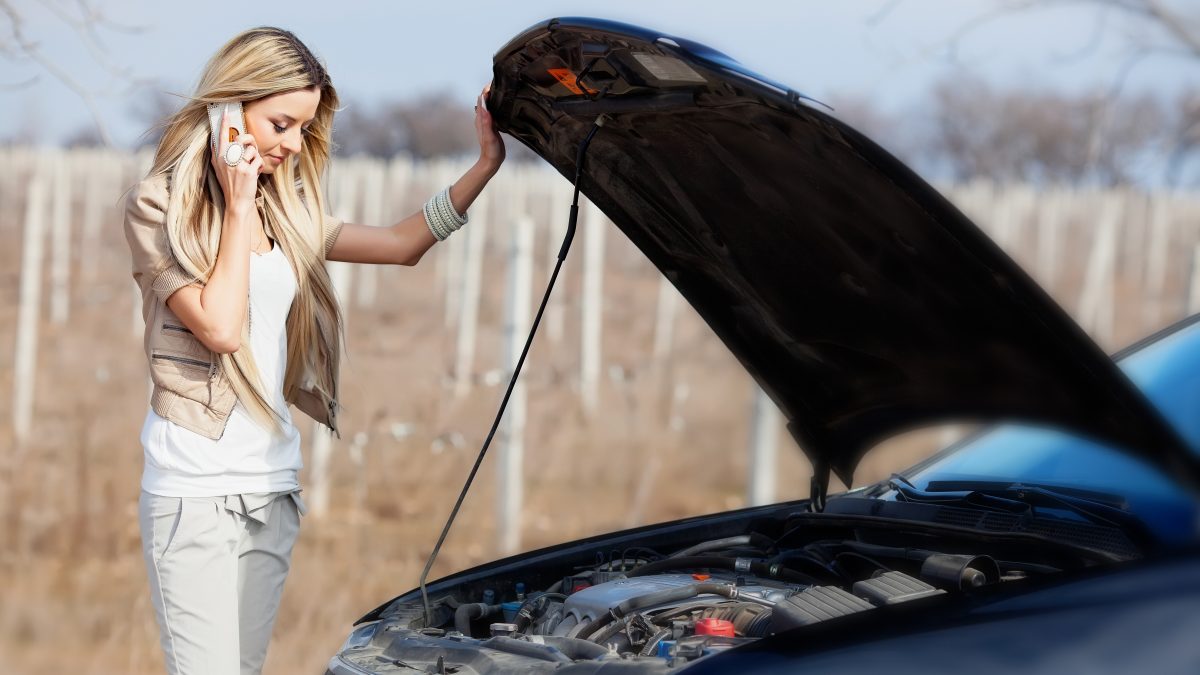How Overheating Harms Your Car Battery

How Can A Bad Battery Harm The Charging System?
July 30, 2020Can How overheating harms your car battery at consistent 400C+ temperatures is a fact of life during the UAE summer months between May and September. Even overnight, temperatures don’t drop much below 30 °C. One of the most vulnerable-to-temperature components of your vehicle is the car battery, and although a 2010 study reported that starter batteries are becoming more heat-resistant, the current state of play indicates that for every 80 °C rise in temperature, the lifespan of a sealed lead-acid battery may be cut in half.
Most normal car batteries are designed to operate optimally at an ambient temperature of around 250 °C. Consider what that means for your car battery when you’re driving along Sheikh Zayed Road at 100 kph, a/c at full blast (inside the car, of course), and the outside temperature at around 420 °C. No wonder your battery doesn’t last much beyond three years.
The bad news is that once this type of heat damage occurs, the capacity of the battery is permanently reduced and cannot be restored. The good news is that technical improvements to the manufacturing process are gradually adding to the battery’s lifespan. Studies show that your average starter battery in the early sixties lasted only thirty-four months, increased to forty-one months by the year 2000, and jumped to an average of 55 months by 2010. What is notable about these latest statistics, however, is the marked difference in battery lifespan between the cooler northern climes (59 months, on average) and the warmer southern climates (only 47 months)—a whole year’s difference.
This last statistic also highlights the importance of looking out for batteries specifically manufactured for warmer climates—look for a marking of “S” or “South” on the battery casing, as opposed to “N” or “North”.
There seems also to be some anecdotal evidence that a battery housed in the (cooler) trunk of the vehicle lasts up to a year longer than one housed in the engine compartment, although one imagines that there might be practical considerations that caution against this design.
Recent battery design improvements have eliminated some of the disadvantages of the conventional lead-acid battery. The VRLA (valve-regulated lead-acid) battery, sometimes called a sealed lead-acid (SLA), gel cell, or maintenance-free battery, was introduced in the 1980s and hailed as a breakthrough in battery technology. Indeed, the gel and absorbent glass mat (AGM) battery technology has proved to be popular in late-model high-tech vehicles and motorcycles. Nevertheless, the standard flooded lead-acid battery is still one of the most reliable systems and well-suited to hot climates. With good maintenance, these batteries can last for ten years and more, despite their disadvantages of needing regular topping up and good ventilation.
Some common-sense precautions to prolong your car’s battery life in the UAE heat would be to park in a shaded area, especially during the day, and make sure that the battery is checked and maintained at least every three months by a qualified technician to ensure it retains its capacity.
Onsite Battery offers convenient and reliable battery services in Dubai to get you back on the road as soon as possible. Whether you need a simple battery recharge or a full car battery replacement, we have the expertise and equipment to get the job done right. Call Now: Call Now: +971 585667483



